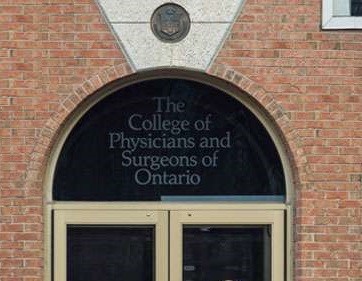Public Consultation on a draft devised version of the International Code of Medical Ethics
The Anscombe Bioethics Centre
The Anscombe Bioethics Centre
The Anscombe Bioethics Centre is the oldest national bioethics centre in the United Kingdom, established in 1977 by the Roman Catholic Archbishops of England and Wales. It was originally known as The Linacre Centre for Healthcare Ethics and was situated in London before moving to Oxford. The Centre engages with the moral questions arising in clinical practice and biomedical research. It brings to bear on those questions principles of natural law, virtue ethics, and the teaching of the Catholic Church, and seeks to develop the implications of that teaching for emerging fields of practice. The Centre engages in scholarly dialogue with academics and practitioners of other traditions. It contributes to public policy debates as well as to debates and consultations within the Church.
A key issue: conscientious objection
For the first time this draft Code introduces the idea of “conscientious objection”:
Paragraph 27 reads:
Physicians have an ethical obligation to minimise disruption to patient care. Conscientious objection must only be considered if the individual patient is not discriminated against or disadvantaged, the patient’s health is not endangered, and undelayed continuity of care is ensured through effective and timely referral to another qualified physician.*
* This paragraph will be debated in greater detail at the WMA’s dedicated conference on the subject of conscientious objection in 2021 or 2022. However, comments on this paragraph are also welcome at this time.
Unfortunately, this is deeply problematic as a statement of the rights of conscience in medicine. In the first place it utterly fails to establish the duty of doctors to object to practices and procedures that are unconscionable because harmful, discriminatory, unjust or unethical. The right to conscientious objection is based on the duty to be conscientious which is fundamental to medical ethics. . . continue reading
